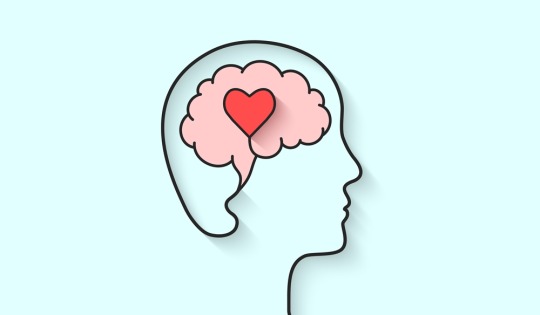In recent years, there has been a growing recognition of the profound relationship between nutrition and mental health. While we often consider nutrition’s impact on physical health, it is equally essential to understand its influence on our mental well-being. As research continues to shed light on this intricate connection, it becomes evident that what we eat plays a crucial role in maintaining optimal mental health. This article aims to explore the link between nutrition and mental health, highlighting key nutrients that support brain function and discussing the impact of dietary patterns on various mental health conditions.
The Role of Nutrients in Mental Health
Our brain is a complex organ that requires a constant supply of vital nutrients to function optimally. These nutrients, including vitamins, minerals, antioxidants, and essential fatty acids, play a significant role in key brain processes such as neurotransmitter synthesis, neuron functioning, and overall cognitive function.
- Omega-3 Fatty Acids: Omega-3 fatty acids, commonly found in fatty fish like salmon and sardines, have been extensively studied for their positive impact on mental health. Research suggests that omega-3s, specifically docosahexaenoic acid (DHA), contribute to neurodevelopment, improve cognitive performance, and alleviate symptoms of depression and anxiety.
- B Vitamins: B vitamins, including folate, vitamin B6, and vitamin B12, are necessary for the production of neurotransmitters such as serotonin, dopamine, and GABA, which regulate mood and emotions. Deficiencies in these vitamins have been linked to an increased risk of depression and other mental disorders. Good dietary sources of B vitamins include leafy greens, whole grains, legumes, and fortified cereals.
- Antioxidants: Antioxidants, such as vitamin C, vitamin E, and beta-carotene, help neutralize harmful free radicals, reduce inflammation, and protect brain cells from oxidative stress. A diet rich in fruits, vegetables, nuts, and seeds provides a wide range of antioxidants, which have been shown to support brain health and decrease the risk of mental decline.
Impact of Dietary Patterns on Mental Health
It is not just individual nutrients that matter; the overall dietary pattern also plays a significant role in mental health outcomes. Several studies have highlighted the impact of certain dietary patterns on various mental health conditions.
- Mediterranean Diet: The Mediterranean diet, rich in fruits, vegetables, whole grains, legumes, fish, and healthy fats, has been associated with a reduced risk of depression and cognitive decline. Its anti-inflammatory properties and high nutrient density are believed to contribute to better mental health.
- Western Diet: Conversely, the Western diet, characterized by high consumption of processed foods, sugary snacks, and saturated fats, has been linked to an increased risk of depression, anxiety, and cognitive impairment. This diet’s pro-inflammatory nature and lack of essential nutrients negatively affect brain function and mood regulation.
Other Factors to Consider
While nutrition undoubtedly influences mental health, it is essential to recognize that it is just one piece of the puzzle. Other factors, such as genetics, socioeconomic status, and lifestyle choices, also contribute to mental well-being. Moreover, individual responses to nutrients can vary, highlighting the importance of personalized dietary approaches.
Conclusion
The connection between nutrition and mental health is undeniable. Eating a well-balanced diet rich in essential nutrients can significantly impact brain function, mood regulation, and overall mental well-being. Adopting dietary patterns like the Mediterranean diet and avoiding unhealthy processed foods can help reduce the risk of mental health disorders. However, it is crucial to remember that nutrition is just one aspect of mental health, and a holistic approach that includes other lifestyle factors is vital for maintaining optimal mental well-being.







